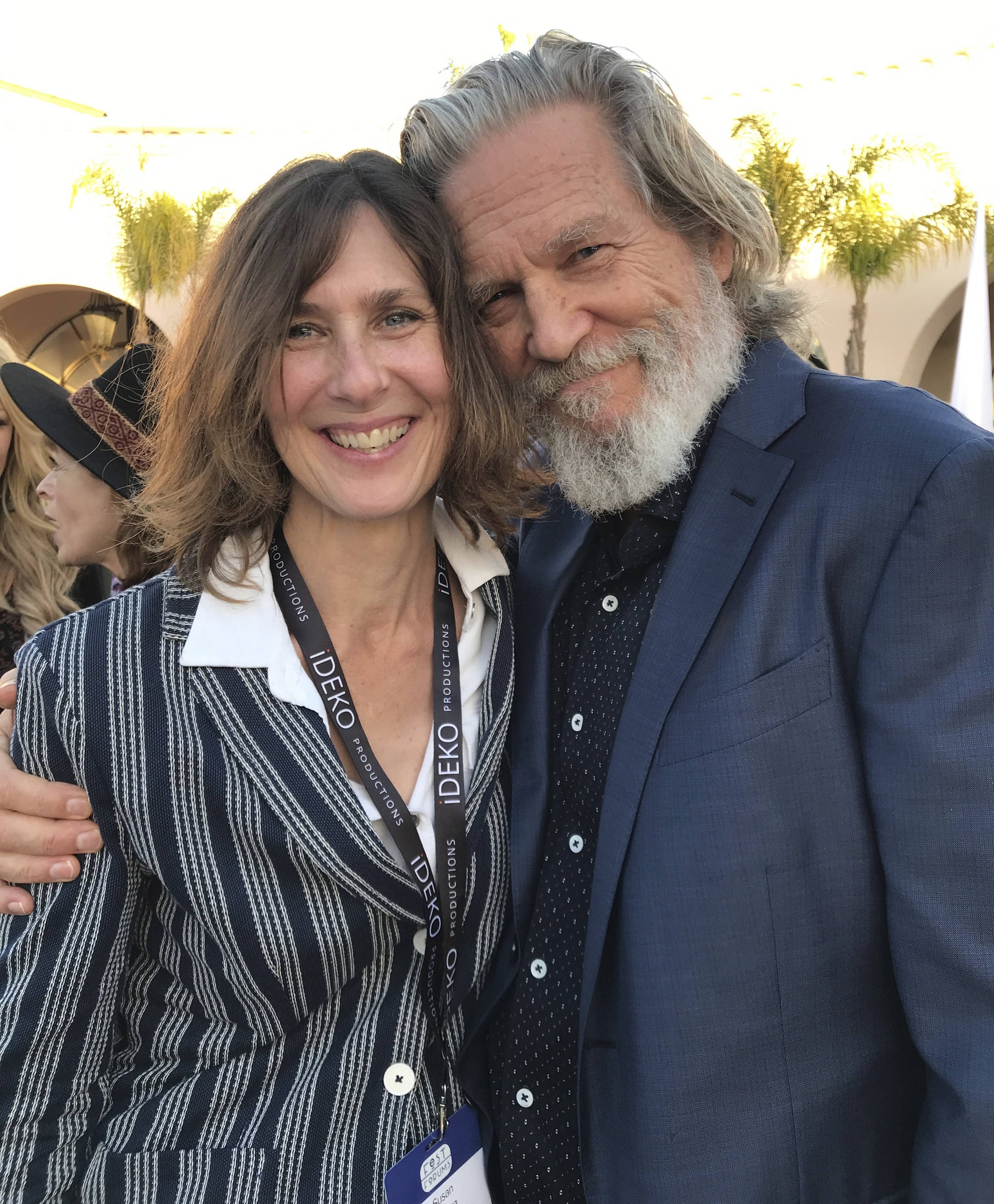Data on global warming is plentiful.
What isn’t well understood by the general public is why human beings continue to lead lives that are destroying the world around them.
Director Susan Kucera’s documentary “Living in The Future’s Past” brings together scientists, philosophers and politicians to share fresh insights on our subconscious motivations and their unintended consequences.
“I was very concerned, as so many of us are, about the state of our planet,” Academy Award-winner Jeff Bridges, who produced and narrated the film, told the Sounder. “I wanted to do my part, but I didn’t want to make another movie that points fingers at all the bad guys and adds to the doomsday scenario – we already have a lot of that out there. … We thought, ‘let’s make a movie about why we are acting the way we are acting, and how we are processing all this information.’”
Free community screenings of the film are being offered on May 3, 7 p.m. at Brickworks (sponsored by the Friday Harbor Film Festival), May 4, 7 p.m. at the Lopez Community Center and May 5, 2 p.m. at the Sea View Theatre (sponsored by the Orcas Island Film Festival). A Q&A discussion with Kucera via Skype will follow the showings.
Preceding the screening, representatives of the Center for Whale Research on San Juan Island will present a trailer for its new film “Dammed to Extinction” about dams that choke off thousands of miles of rivers in Washington state. Admission is free but donations are accepted. All proceeds will go to the Center for Whale Research.
The film’s title is a metaphor for “tuning in to what’s already here,” as Bridges says in the documentary. “We have the keys to move into the future wisely. Let’s explore this together. What kind of future would you like to see?”
Kucera asked Bridges to sign on as a narrator, and he was so moved by the premise that he asked to be a producer as well. The two collaborated on the project for more than two years, allowing Bridges time to work on other film projects.
“Jeff was a great collaborator,” Kucera said. “He was very easy to work with, and we are both very happy to share the film.”
Added Bridges: “Being an actor, you do your bit and you take off, but being a producer it’s a longer involvement in putting the whole thing together.”
The interview footage is interspersed with images of the Earth and its inhabitants, 80 percent of which was filmed and collected by Kucera over the past eight years.
“The way it was edited together with the philosophy and physics and encouraging people’s critical thinking – the imagery is there as a reminder that we are all part of the fabric,” she said. “I think people really feel that when they watch the film.”
The documentary delves into such topics as emergent behavior (the whole is greater than the sum of its parts), how energy takes many forms and object-oriented ontology, a metaphysical theory that rejects the privilege of human existence over the existence of nonhuman objects. It also explains how humanity is a superorganism: a complex group or system that behaves as one entity.
“We are the superorganism that is eating our host and destroying the planet,” Bridges said.
He and Kucera deliberately chose a diverse group of experts to share their thoughts. As a Republican politician says in the film: “I don’t see science as challenging my faith, I see it as affirming my faith.”
“The wide range of folks that we brought on board is really terrific,” Bridges said.
Since its release last fall, “Living in the Future’s Past” has received the United Nations Gold Award for outstanding achievement in international communications and medals from both domestic and international film festivals. National Geographic will be airing the film soon, and it’s being used in colleges and schools around the country.
“We figured people knew about these environmental changes so we tried to create a film that wasn’t just information to consume but you had to bring some of your own cerebral mass to the party,” said Kucera, who has directed other documentaries about the environment. “We are a flexible species. We are soft-wired. Evolution doesn’t happen fast but cultural evolution does.”
As to why people should watch this film, Bridges says, “To get a fresh view on this challenge we are facing. I think a lot of people get the fear messages and that causes us to run to our respective political ideologies and philosophies. It prevents us from working together to turning this thing around. It’s another perspective on our situation and to learn why we are behaving the way we are behaving. That’s what separates us from other animals; we can imagine how we can turn things around. We are building the future as we speak.”



